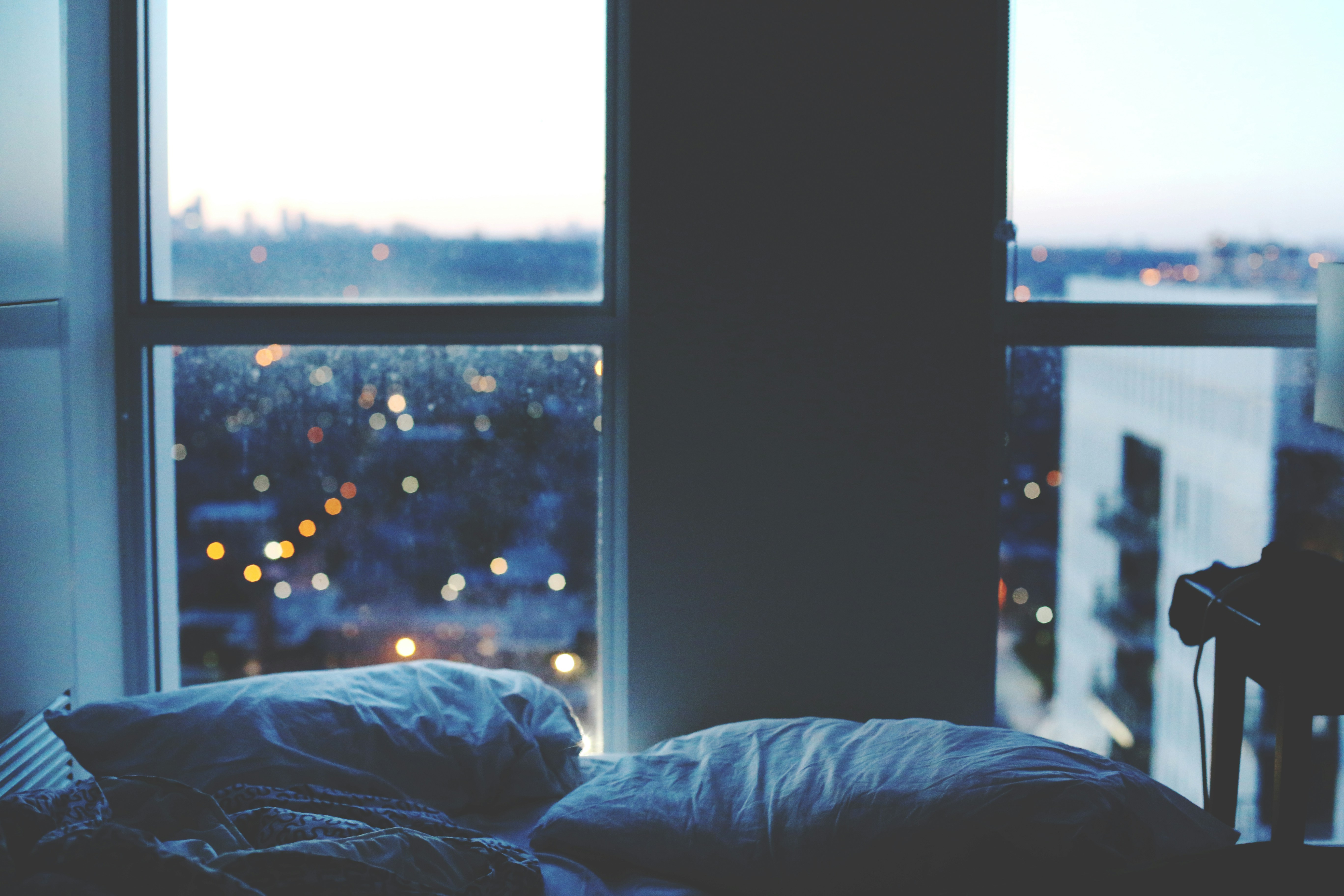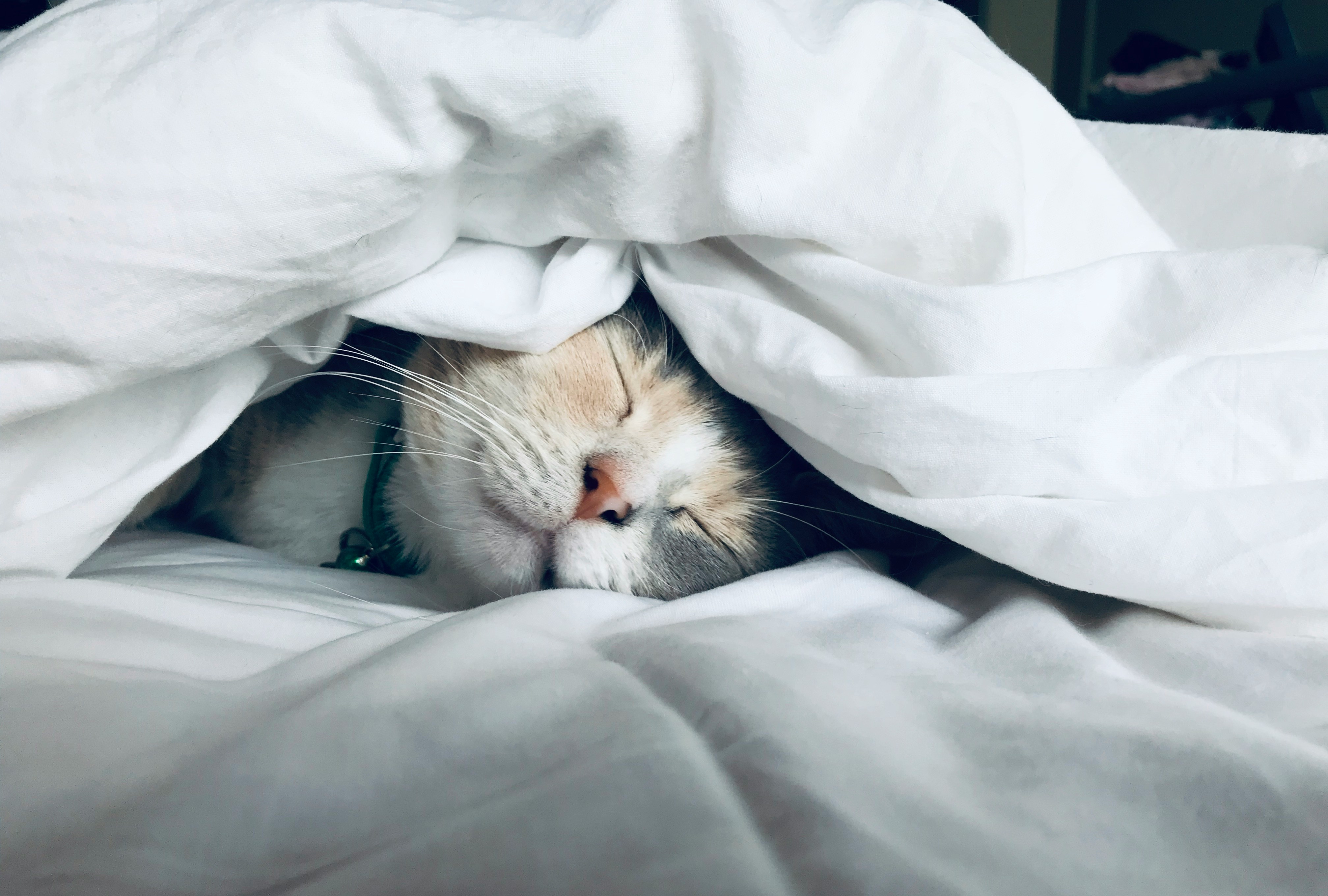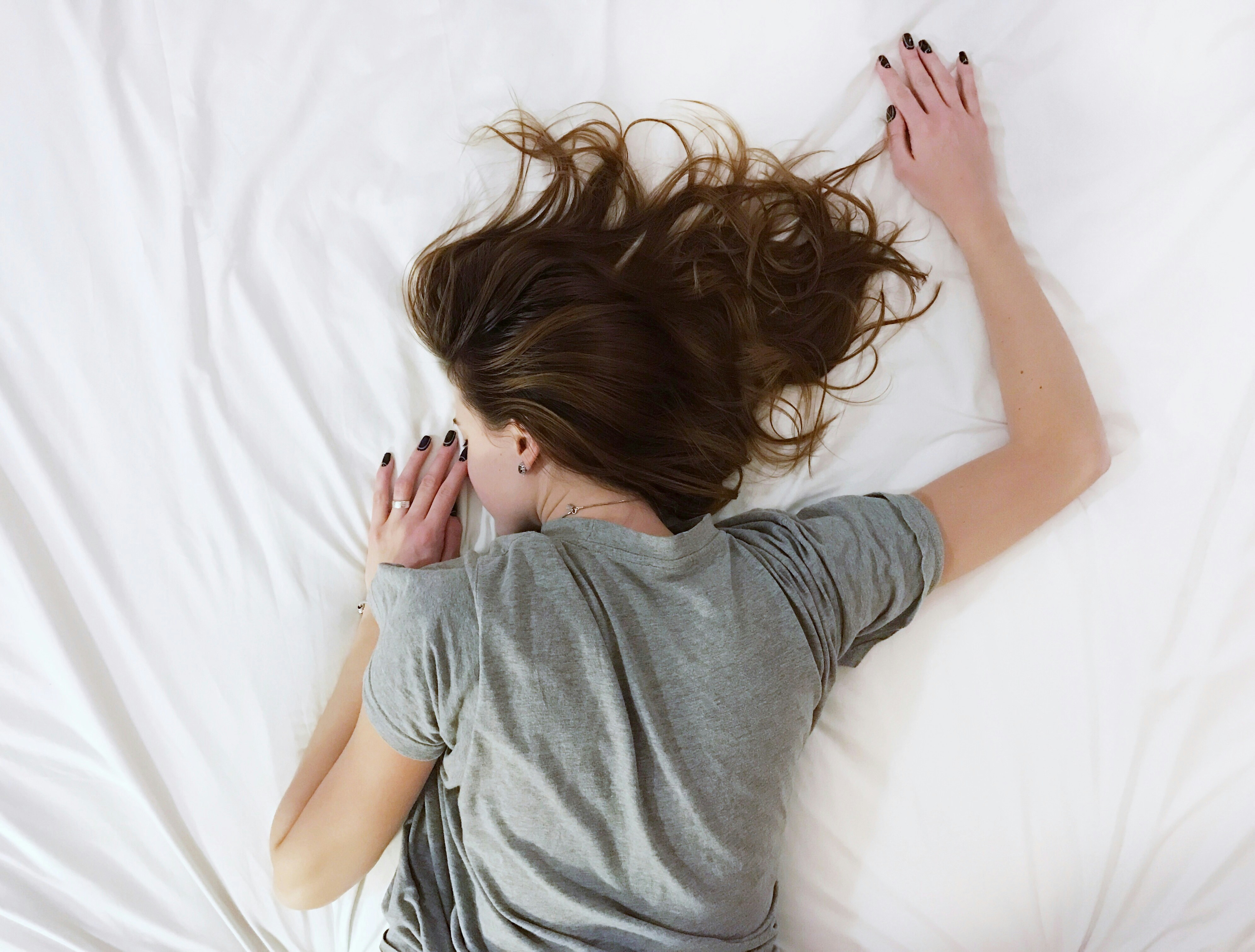Sleep and Mental Health: How a Good Night’s Sleep Can Help You Manage Anxiety and Depression

Introduction
You know what’s worse than a bad day? A bad day that starts with three hours of sleep, a missed alarm, and a brain that feels like mashed potatoes. We've all been there—groggy, grumpy, and just one spilled coffee away from a meltdown. But poor sleep doesn’t just ruin your mood—it can seriously mess with your mental health .
In this blog, we’ll explore the connection between sleep, anxiety, and depression , and why your mental health might be begging you to put down the phone and go to bed earlier. No, sleep isn't a magic cure for all your problems (we wish!), but it is one of the most underrated mental health tools around. Let’s unpack this cozy, slightly sleepy topic.
1. Your Brain on No Sleep: A Hot Mess
1.1 The Mental Fog is Real
Lack of sleep doesn’t just make you cranky—it turns your brain into a confused, caffeine-addicted drama queen. Think foggy thoughts, poor judgment, and the emotional stability of a toddler denied candy.
- Studies have found that sleep deprivation impairs the prefrontal cortex (decision-making) and amygdala (emotion regulation). Translation? You’re more likely to overreact to small stressors and feel overwhelmed by life’s regular nonsense.
1.2 The Anxiety Amplifier
Sleep and anxiety have a toxic relationship. Lack of sleep increases anxiety, and anxiety makes it harder to sleep—a cycle as vicious as a raccoon in your trash bin at 3 a.m.
- Research from the journal Nature Human Behaviour showed that even one night of sleep deprivation leads to a spike in anticipatory anxiety —aka the kind that has you worrying about imaginary scenarios at 2 a.m. while staring at your ceiling.
2. Depression: The Sleep Saboteur
2.1 Too Much or Too Little?
Here’s a twist: while most of us struggle with too little sleep, people with depression often swing between extremes—sleeping way too much or not enough. Neither is ideal, and both can worsen symptoms.
- A 2020 meta-analysis from The Lancet Psychiatry showed that sleep disturbances aren’t just symptoms of depression—they may also contribute to its development and worsen its severity .
2.2 Sleep Architecture Gone Rogue
Depression doesn’t just affect how long you sleep; it messes with sleep architecture —how your brain cycles through the stages of sleep. People with depression often have reduced deep sleep and more fragmented REM sleep , making it hard for the brain to properly recharge.
- Think of your brain like a smartphone. If sleep is the charger, then bad sleep is like plugging it in with a frayed cable. You wake up at 20% and running apps like "existential dread" on low battery.
3. The Sleep-Mental Health Feedback Loop
It’s not a one-way street. Mental health and sleep are best frenemies —each one affects the other, for better or worse.
| Sleep Quality | Mental Health Impact |
|---|---|
| Poor Sleep | Increases stress, anxiety, depression |
| Good Sleep | Enhances mood, resilience, clarity |
Improving your sleep can boost your emotional resilience, improve focus, and make it easier to cope with daily stressors. In other words, sleep is like emotional armor—but comfier.
4. How to Improve Sleep for Better Mental Health
4.1 Build a Bedtime Routine That Doesn’t Involve Existential Crises
Give your brain some consistent signals that it’s bedtime. Try dimming the lights, reading something relaxing (no murder mysteries, please), or doing a bit of light stretching.
- Keep it cozy. Your brain loves patterns more than a grandma loves crocheting.
4.2 Don’t Sleep With Your Phone (Literally or Emotionally)
Scrolling through anxiety-inducing news or comparing your life to someone’s vacation reel on Instagram right before bed? Not the vibe.
- Charge your phone outside the bedroom and invest in a good ol’ fashioned alarm clock. Bonus: No midnight doomscrolling.
4.3 Make Your Bedroom a Sleep-Only Zone
If your bed doubles as a snack bar, office, and Netflix theater, your brain is going to be very confused.
- Train your brain to associate the bed with only sleep (and maybe a bit of Netflix if it’s part of your wind-down ritual—but pick a show that doesn’t give you an existential crisis).
4.4 Go to Therapy (Yes, Really)
Cognitive Behavioral Therapy for Insomnia (CBT-I) is a scientifically backed method for tackling both sleep issues and mental health concerns. It’s like the superhero crossover we’ve all been waiting for.
5. Bonus: What to Do When You Can’t Sleep and Your Brain Is a Circus
You know those nights when your brain decides to bring up every embarrassing thing you’ve ever done since 2004? Here’s what to do:
- Don’t panic. Getting anxious about not sleeping makes it worse.
- Get up and do something boring. Read a dull manual. Fold socks. Meditate. Count how many plants you own.
- Avoid looking at the clock. It only fuels the drama.
6. Conclusion
In a world that tells you to hustle, grind, and caffeinate, choosing sleep is basically a form of self-care rebellion. And if you’re struggling with anxiety or depression, sleep might just be the underdog hero your mental health needs.
So, the next time someone tells you “you look tired,” don’t just take it as an insult—take it as a cue to start prioritizing your sleep. Because sometimes the best therapy starts with a good pillow, a warm blanket, and leaving your worries outside the bedroom door.
“Sleep is the golden chain that ties health and our bodies together.” — Thomas Dekker




